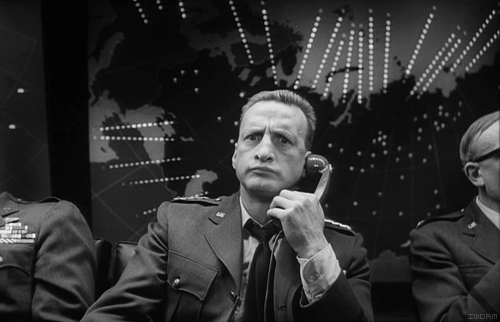Source: Crain's Chicago Business
Author: Joe Cahill

Three companies, three mergers, three lousy customer service ratings. BMO Harris Bank, United Continental Holdings Inc. and Exelon Corp. all scored low in recent customer satisfaction surveys. All three also recently completed major mergers.
Coincidence? I don't think so. Mergers often play havoc with customer service as two companies struggle to combine their operations. So much can go wrong — computer integration snafus, recordkeeping glitches, you name it — and almost all of it affects customers.
Customers angered by the company's sudden inability to provide basic service often go elsewhere. This undermines the financial rationale for the merger, which was supposed to increase revenue. Fixing the glitches costs money, reducing the expense savings mergers are supposed to generate.
Yet executives keen to merge seem to give little thought to the impact on customer service. They'd much rather talk about the “synergies” a merger will produce. United Continental calculated that combining Chicago-based United Airlines with Houston's Continental in 2010 would produce $1.2 billion annually in cost savings and revenue increases by this year.
The estimate didn't include the effect of various merger-integration breakdowns that sent passengers scurrying to other carriers. Problems melding the reservations systems of the airlines led to hundreds of flight cancellations. On-time flight arrivals plummeted. Simple matters like matching the right jet bridge to the right plane became insurmountable challenges.
United Continental came in dead last in the 2012 Airline Quality Rating report. The frustration reflected in that survey translated into lost revenue and increased costs, as customers defected and United spent money on fixes. Bottom line: The airline isn't likely to see that $1.2 billion in merger synergies this year.
A spokesman acknowledges that melding the two airlines turned out to be harder than management expected. But he cautions against evaluating a merger based only on the short-term integration pain. He says the merger will improve customer service over the long term. For example, he says it gave United Continental the financial strength to accelerate the purchase of newer, comfier planes and provide additional customer service training to frontline workers.
“A merger is more than just the short-term integration issues,” he says, noting that United's on-time performance is up and customer complaints are down since the period covered by the 2012 quality survey.
DECLINES ONLY 'TEMPORARY?'
A spokesman for BMO Harris also downplays difficulties arising from the Chicago-based bank's 2011 acquisition of Milwaukee's Marshall & Ilsley Corp. As my colleague Steve Daniels reported, BMO Harris ranked second-lowest among Midwestern banks in a customer satisfaction study released by J.D. Power & Associates last week. The survey results correspond with declines in deposits at Milwaukee-area branches acquired in the M&I deal.
Not to worry, says the spokesman: “After any large merger it is not uncommon to see temporary declines in customer satisfaction. However, it's important to note that we are now seeing customer satisfaction improve, which is reflected by the strong growth we are seeing in our business segments.”
It's true that customer service scores usually bounce back after declining following a big merger. Jessica McGregor, a senior account manager at J.D. Power, says the deterioration is “usually temporary,” lasting “one or two years.”
But in today's ultra-competitive markets, how many companies can afford to alienate customers for two years or even six months? Not many, especially when you consider that winning back a disaffected customer is always more difficult and expensive than keeping a happy one.
Even a utility holding company like Exelon Corp. now has to compete for customers. A spokeswoman points out that customer satisfaction scores have risen at all three of Exelon's electric utilities since its takeover of Constellation Energy Group Inc. in 2012. Still, Exelon's Commonwealth Edison Co. unit in Chicago ranked last among large Midwestern utilities in the latest J.D. Power survey. I have to wonder how much higher that score might be if Exelon's $7.9 billion acquisition of Constellation in 2012 hadn't taken up so much capital and management attention.
In any case, companies that embark on mergers take on a dramatically higher risk of alienating customers. Corporate boards should insist on a more realistic assessment of that risk before approving deals.
Directors should demand that executives pushing for a merger or acquisition fully analyze all possible integration problems and estimate the number of customers likely to defect under various scenarios (I'd also recommend doubling management's figure). These estimates should be converted into revenues lost and costs incurred.
Directors can then balance the potential downside of a deal against management's cheery synergy predictions. If the deal still looks good, they can pull the trigger. But if the likely impact on customer service is too severe, they can pull the plug.